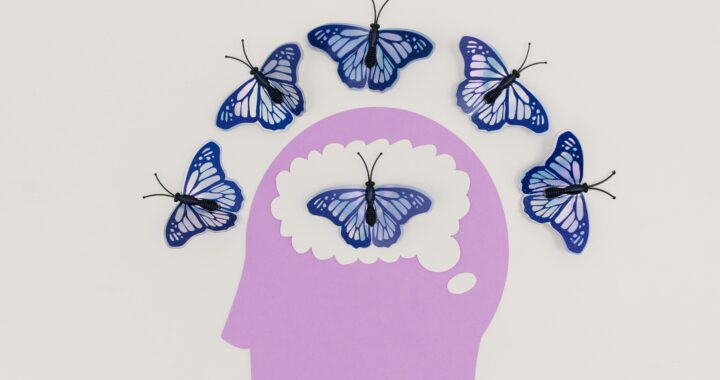
Harnessing the power of our beautiful minds
Brain Computer Interfaces are technologies that open up new realms of possibilities in medicine and beyond, but ethical guidelines and legislation have not yet caught up with the rapid developments in this field. What can this technology do? And what does the future hold for it?








